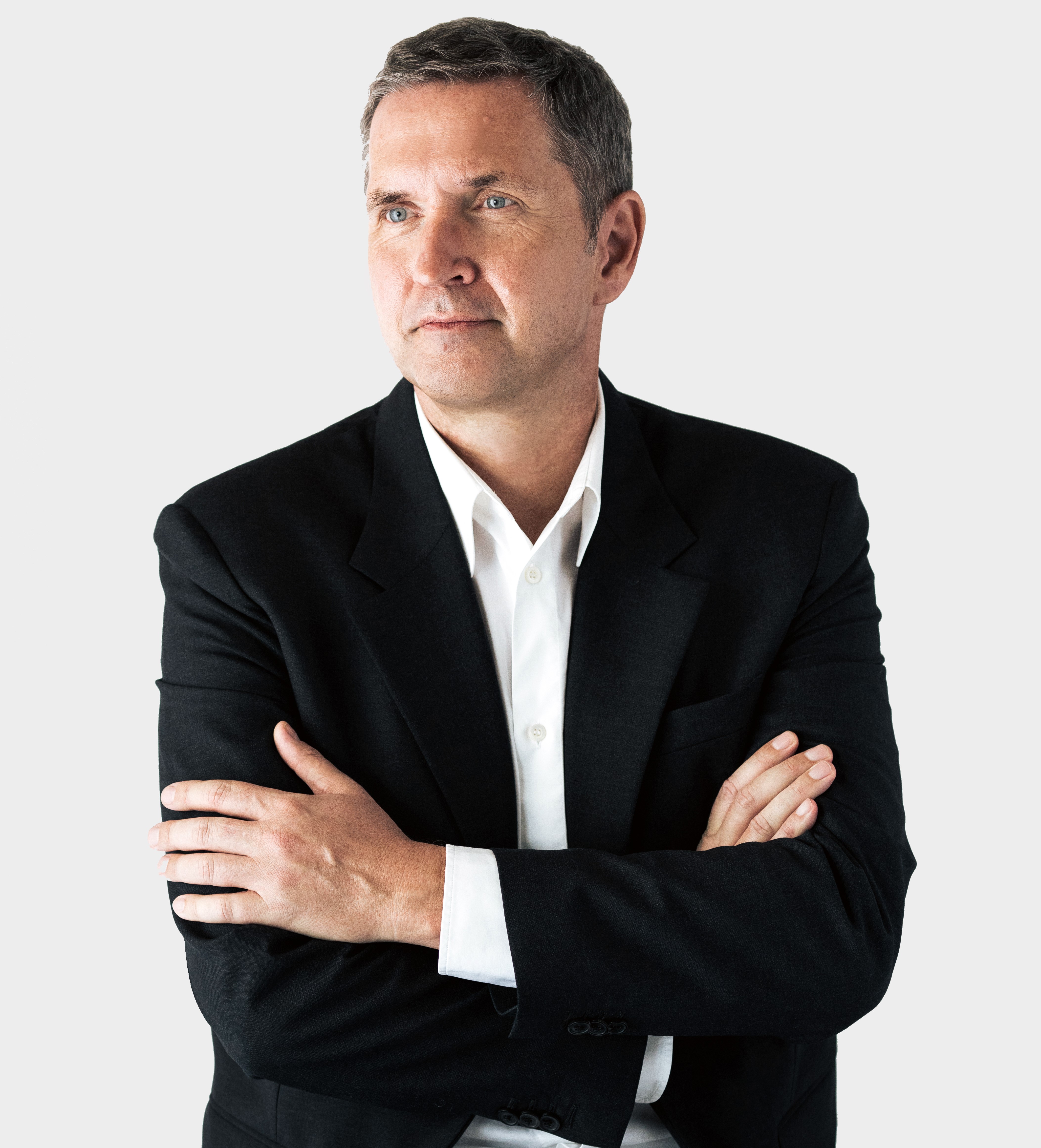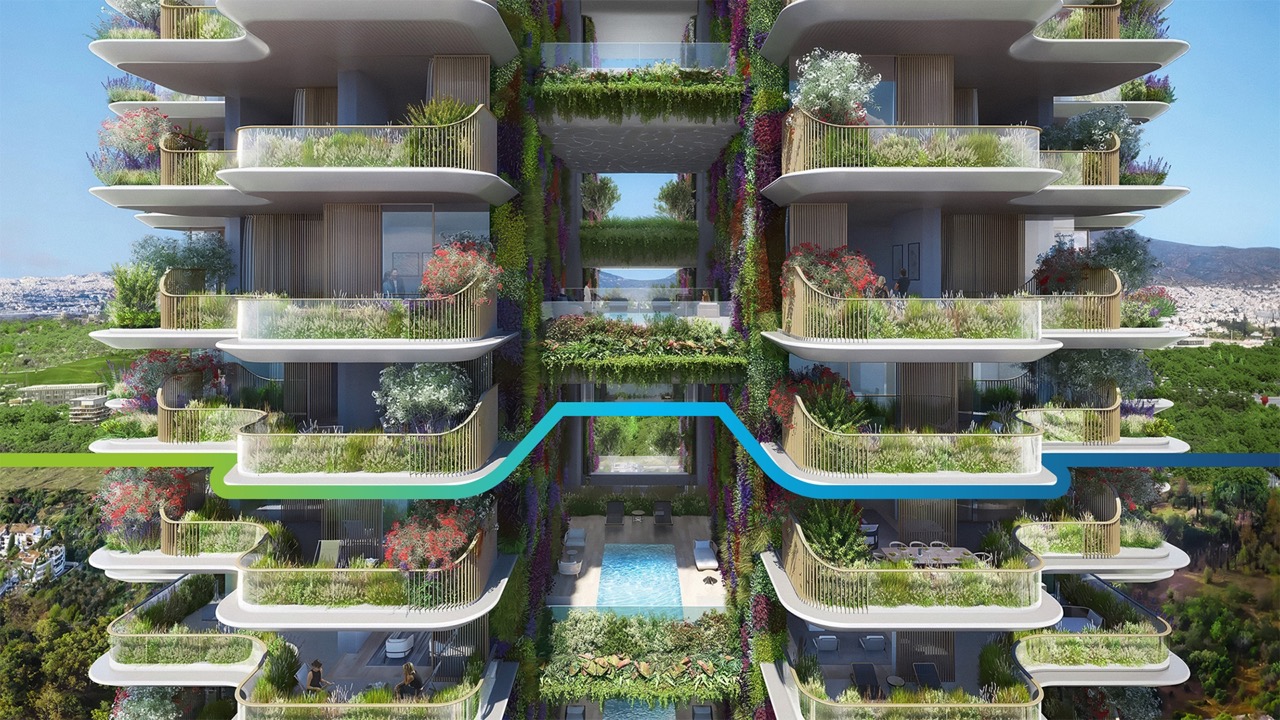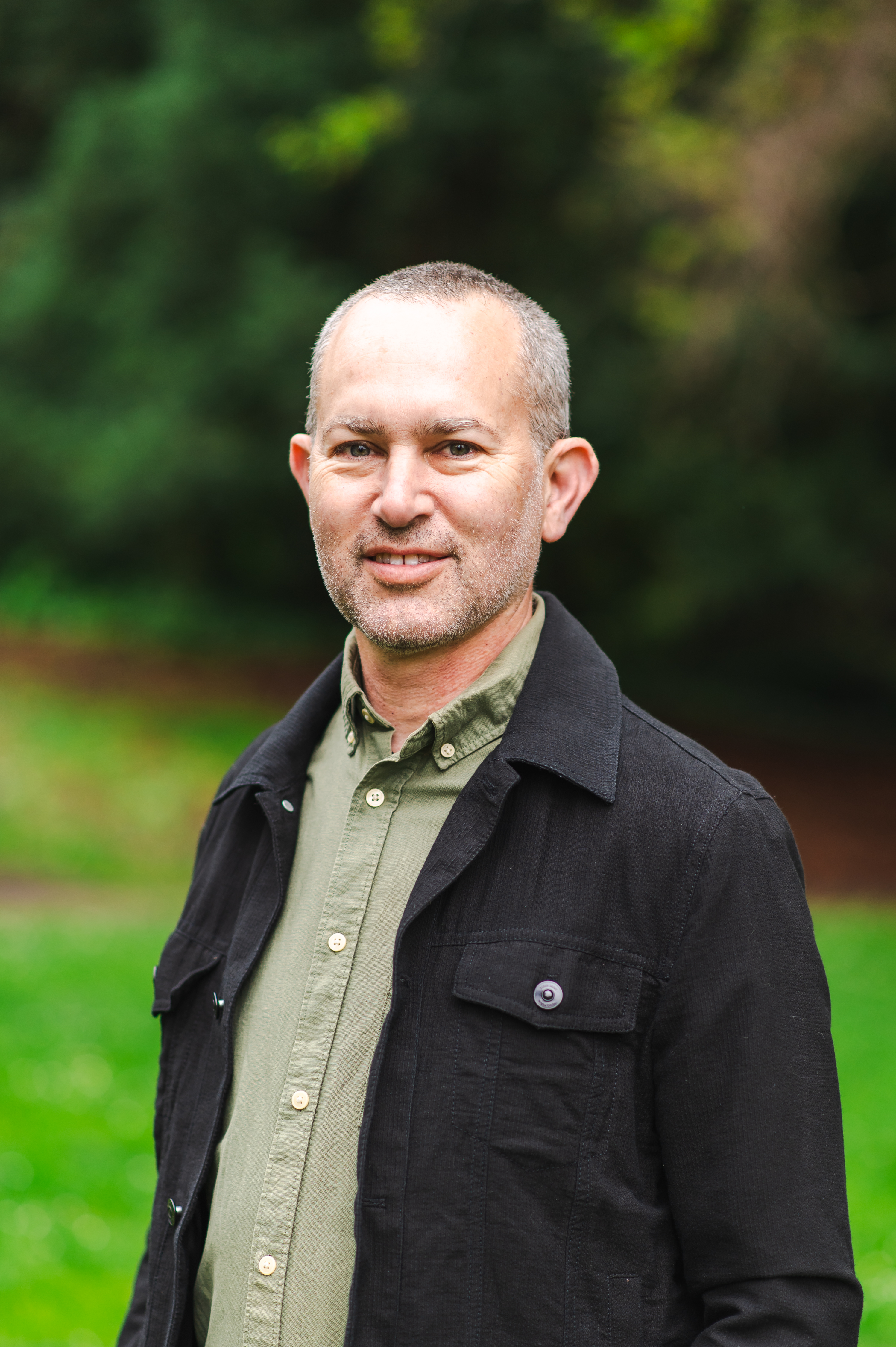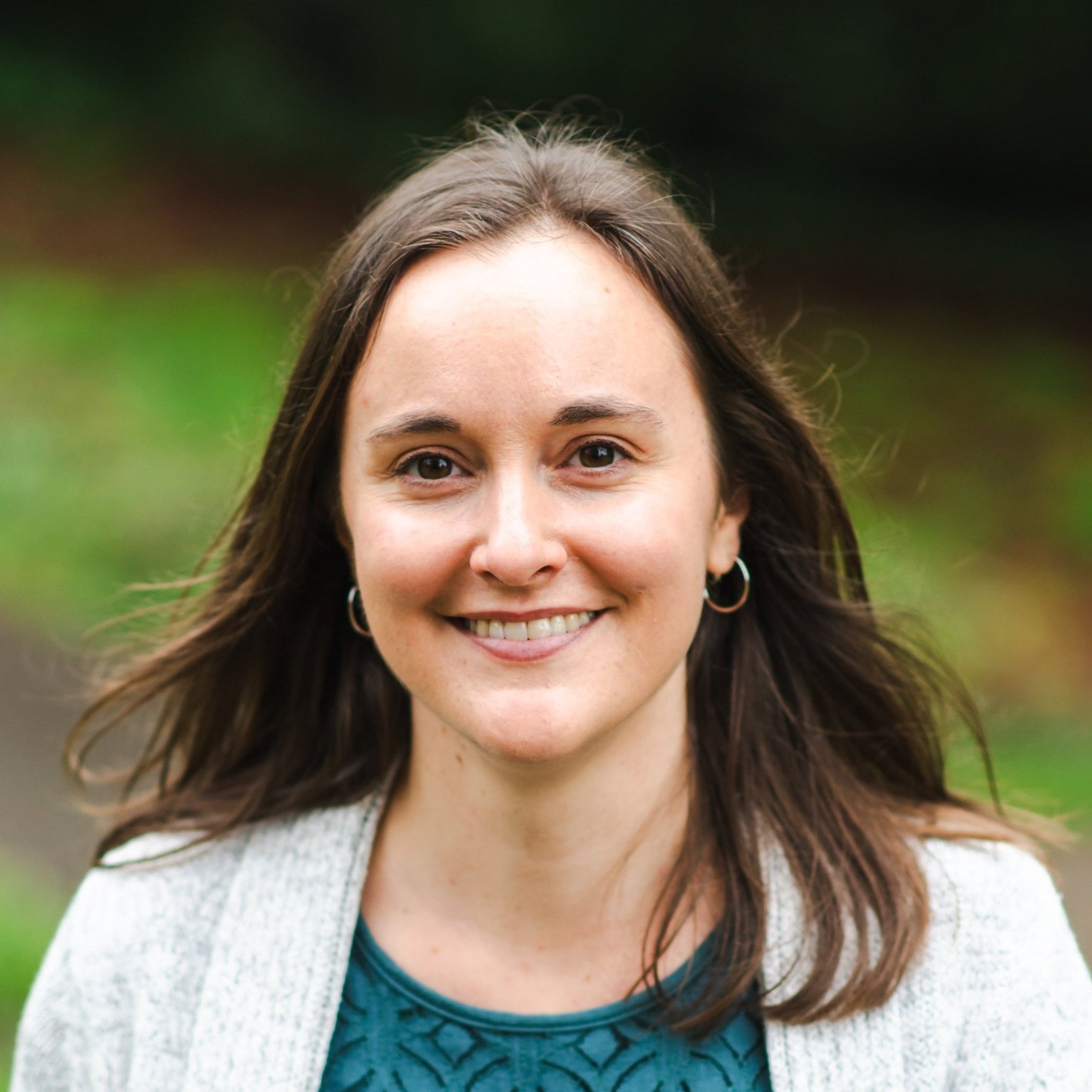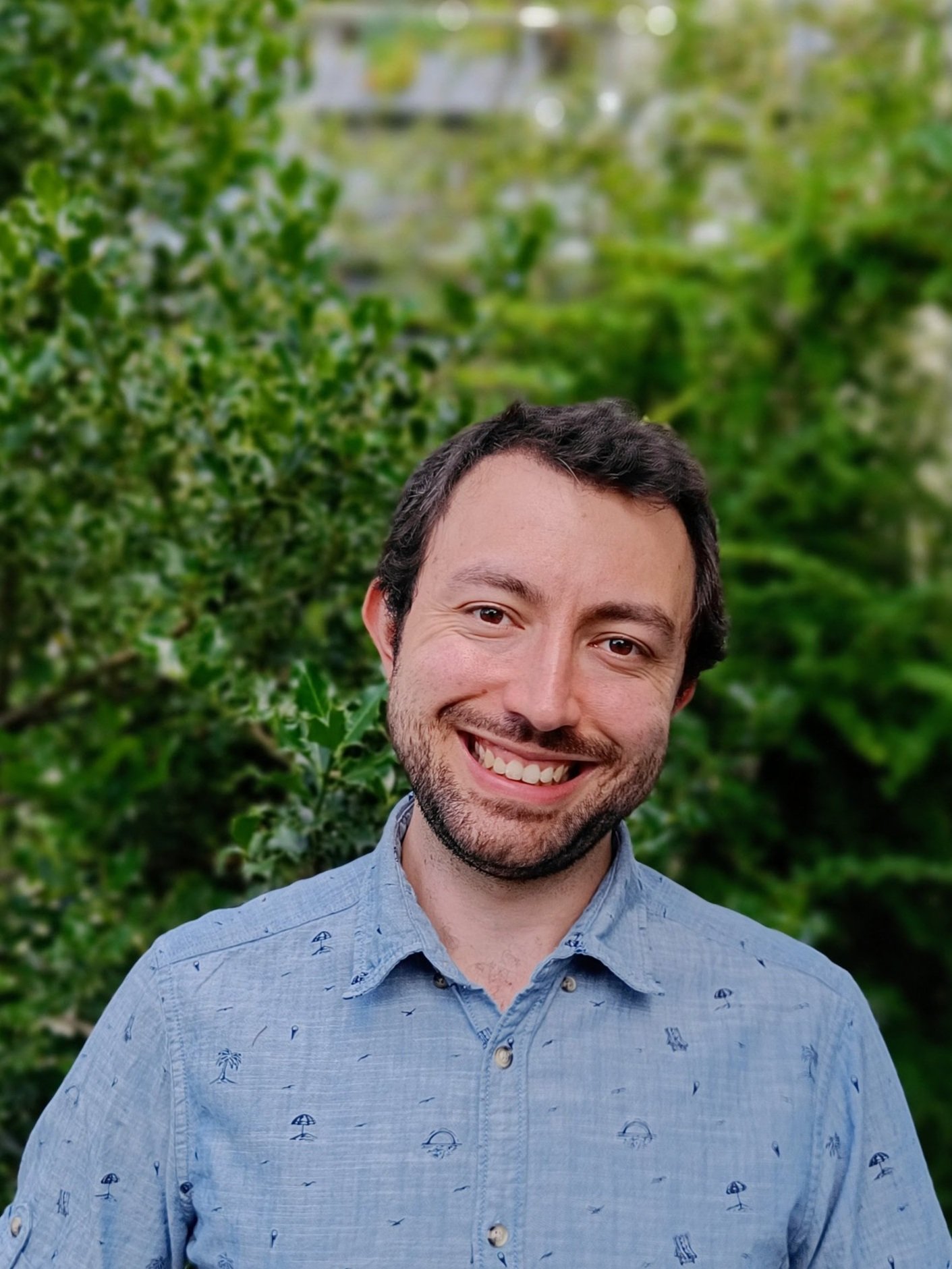About This Course
This topic will explore the transformative journey from traditional “grey” cities to the innovative concept of “green” cities, guiding you through the processes for creating sustainable, liveable environments. Here, you will learn to identify different strategies for catalysing urban biodiversity, apply different techniques to support biodiversity through construction, and discuss the architectural principles, benefits, challenges, and real-word implementation of green building typologies. By the end of this topic, you'll have a deeper understanding of how green cities represent a crucial step towards a sustainable urban future, setting the stage for further exploration of sustainable urban planning at district and building levels.
You can expect to spend about 1.5 hours on this topic. Should you fail to obtain a passing grade (80%), you may contact us to arrange to retake the evaluation.
Course Staff
Prof. Dr. Thomas Schroepfer
Singapore University of Technology and Design
Future Cities Lab
Thomas Schroepfer is a full professor of Architecture and Sustainable Design at the Singapore University of Technology and Design (SUTD) and Director of the Singapore-ETH Centre Future Cities Laboratory (FCL) Global at Singapore’s Campus for Research Excellence and Technological Enterprise (CREATE). He has led the Dense and Green Cities research initiative at FCL since 2015. Thomas holds a doctorate and a master’s degree with distinction from Harvard University, where he was a faculty member at the Graduate School of Design from 2004 to 2011. His work explores the evolving relationship between design and technology in architecture, urban design, and planning, with a focus on innovative environmental strategies. His research has been published and exhibited at prestigious international venues, including the Venice Biennale and World Architecture Festival. He is the author of several seminal books, including Dense+Green Cities: Architecture as Urban Ecosystem (Birkhäuser, 2020) and Dense+Green: Innovative Building Types for Sustainable Urban Architecture (Birkhäuser, 2016).
Robin Grossinger
Second Nature Ecology + Design
Robin is the Founding Principal of Second Nature Ecology + Design. His work integrates ecological science and urban design, collaborating with communities, businesses, and project teams to redesign our cities with nature. Robin works globally from the site to the city scale, with clients ranging from Google to the IUCN. His work has been featured in a UN-Habitat Global Urban Lecture and covered by media from NPR to TheNew York Times.
Megan Wheeler
Second Nature Ecology + Design
Megan is Director of Strategy and a Senior Ecologist at Second Nature. She is an urban ecologist who specialises in quantifying the multiple benefits of urban greening, developing science-based targets, and evaluating community attitudes toward nature. She brings experience leading the development of city- and neighbourhood-scale strategies for urban biodiversity and resilience through urban forest master plans and other collaborative approaches with city staff and community organisations. Megan previously worked as an Environmental Scientist in the San Francisco Estuary Institute's Urban Nature Lab and holds a PhD in Environmental Life Science from Arizona State University.
Kevin Vega
Second Nature Ecology + Design
Kevin is an urban ecologist who has spent nearly a decade researching the importance of small green spaces for biodiversity in the city of Zurich, Switzerland after crossing the ocean from New York. His work has focused on the promotion of urban wildflowers, improving connectivity, and soil quality & function. Kevin has worked hand in hand with architects and city greenspace managers to ensure that his research addresses their needs and always has an eye on practical implementation, translating ecological research into direct design recommendations and guidelines. This also extends to the community, where he has worked with a local non-profit to lead community science projects on urban pollinators and spontaneous flora. He holds a PhD in Ecology from the ETH, Zurich.
Isabelle Dubois-Brugger
Holcim Innovation Centre
Dr Isabelle Dubois-Brugger is Global R&D leader at the Holcim Innovation Center and in charge of the CLIMATE RESILIENCE program. She holds a PhD in Physic and Chemistry. With more than 20 years of expertise in materials science and functionalization of concrete, her work extends to the development of solutions based on porous materials to manage water and biodiversity in urban and marine environments. She is the author of more than 30 scientific papers and patents. She is highly involved in national and international collaborative projects as one of them in France related to Innovation & Solutions to fight Urban Overheating.
